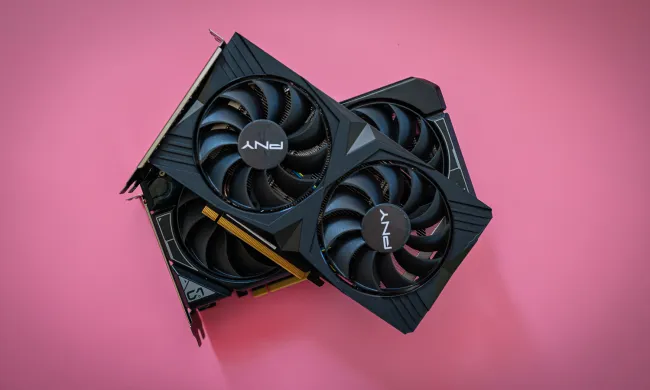Ransomware can be one of the nastiest forms of malware, holding a system’s files hostage until a monetary demand is settled. The latest piece of such ransomware to make its way onto the scene is being dubbed as Anatova after it was recently discovered by the security team at McAfee. Possing as the icon of a game or other application, the malware tricks users into running the software without a second thought. Worst of all, Anatova is an intelligent creation that knows how to clear its tracks and prevent a thorough analysis.
The malware was discovered on a peer-to-peer file sharing network, attempting to trick users believing they may have downloaded a genuine piece of software. Once the malware has been downloaded to the target computer and installed, it will lock down access to the PC and its data until a ransom is paid — that’s if the malicious team behind Anatova keeps its word. As of now, the malware is asking for 10 Dash, a type of cryptocurrency which currently equates to around $700.
The most troublesome aspects of the new malware include its ability to prevent further analysis once discovered, and its ability to evolve. From an analysis standpoint, Anatova can clean up after it runs, deleting code from memory that would typically allow security reachers to fight the malware, creating a decryption algorithm for the problem. From an advancement standpoint, Anatova was designed with the ability to add additional anti-ransomware tactics after launch in an attempt to stay one step ahead of security professionals.
To avoid ransomware, such as Anatova, it is essential to follow standard security practices when utilizing your PC, such as not downloading unknown programs to your machine. Additionally, it is recommended that you are running an up-to-date anti-virus and anti-malware solution to prevent such infection. With ransomware, one of the most efficient methods of staying safe is to back up your data. Ensure that you always have a current and active backup, whether via the cloud or local storage, this way, if ransomware strikes, you don’t need to shell out for what you already have a secure copy.


